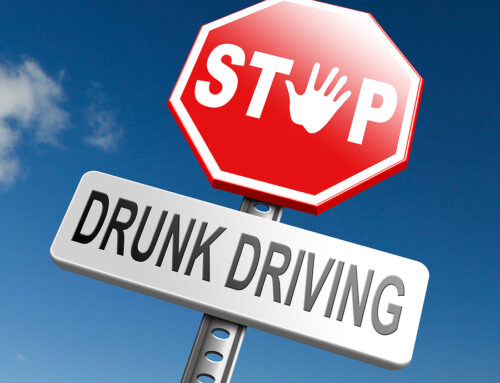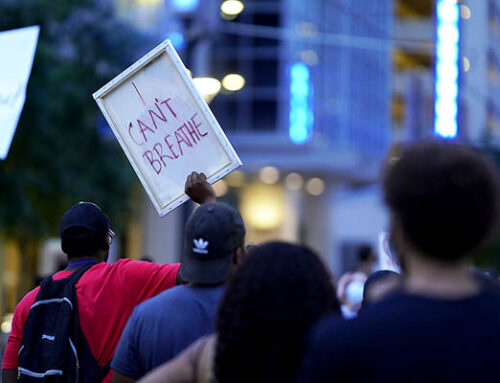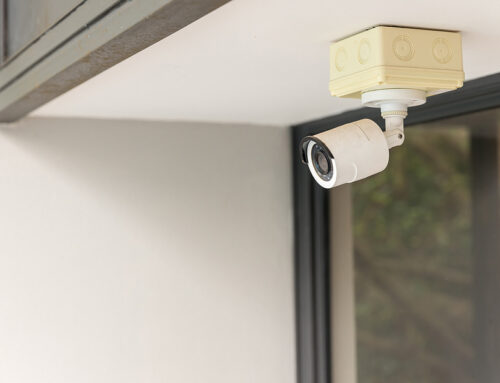A disorderly persons offense is the type of criminal charge in the New Jersey legal system that would in many other states be classified as a misdemeanor; a step below a felony charge in severity, but still carrying the potential for jail time, fines, and a criminal record that can impact a person’s professional and public life if convicted. In many cases, disorderly persons offenses are treated as summary offenses, which means they are tried by a judge rather than going before a jury. Cases more commonly shown in the media and in fiction are instead indictable offenses, which face a more complex legal process.
Some common examples of disorderly persons offenses include charges such as:
 Disorderly Conduct
Disorderly Conduct- Resisting Arrest
- Obstruction
- Lewdness
- Harassment
- Simple Assault
- Shoplifting (valued less than $200)
- Bad Checks
- Possession of Drug Paraphernalia
- Possession of Marijuana (in a quantity less than 50 grams)
As you can see, while some of these charges are very specific, others (such as Disorderly Conduct) are fairly broad and somewhat ambiguous, making it possible for you to be arrested and charged with a crime when you did not believe or realize you were breaking the law. Disorderly Persons offenses are classed under one of two levels of severity, with a Petty Disorderly Persons offense considered a lesser charge than a standard Disorderly Persons offense. The difference between the two types of offense can be seen in the sentencing limits: a petty disorderly persons offense can carry a fine of up to $500 and a sentence of up to 30 days in jail, while a disorderly persons offense can see a fine of up to $1,000 imposed, and a jail sentence of up to six months. In addition, a judge may choose to suspend or revoke the driving privileges of a person convicted of a disorderly persons offense, even if the crime of which they were convicted was unrelated to driving.
If you find yourself in the position of facing a disorderly persons charge, the importance of your actions from the moment the police become involved cannot be overstated. In addition to the criminal penalties of fines and jail time, conviction means that you will have a permanent criminal record which employers and others can discover when conducting a background check. In many licensed professions, having a criminal record can result in the loss of a professional license and the destruction of a career. A criminal record may also interfere with housing applications, eligibility for financial aid, and even immigration status. As such, it is vital to take proper action immediately when faced with a disorderly persons charge.
When interacting with the police, be polite and courteous, but do not answer any questions or volunteer any information. Establish whether you are under arrest; if not, inform the officers that you are going to leave – however, if an officer attempts to stop you at any point, do not try to flee. If you are placed under arrest, immediately invoke your right to request an attorney, do not answer any questions, do not waive any rights, and do not sign any documents. It’s vital that you follow this advice even if you believe yourself to be innocent of any crime; do not make the mistake of thinking that invoking your right to a lawyer “makes you look guilty.” Obtaining legal representation is not only your right, it is also the smart choice to protect yourself. Remember that the stakes here include a permanent criminal record with the potential to damage your career and future security.
Given how severe an impact a criminal record can have on your life, you may be wondering whether it’s possible to get that record expunged. While it is possible to have a conviction expunged, there is a waiting period of five years before you can even begin the process of applying to have the charge removed. Even then, expunging a charge is only possible if you have four or fewer disorderly persons convictions (or one felony and three disorderly persons convictions) on your record. Having a charge expunged is achievable, but it is a difficult and complicated process best entered into with the help of an experienced attorney.
Whenever possible, of course, the best course of action is to avoid a conviction in the first place, and for that your best approach is to contact an experienced criminal defense attorney as soon as possible. Your attorney can help to ensure that your legal rights are protected and guide you to the best outcome for your case, whether that involves a reduction of the charges against you or even getting the charge dismissed outright. Even if you believe you’re innocent, don’t trust the legal system to see that without the help of an experienced criminal defense attorney on your side.
Contact Howard P. Lesnik, Esq. Immediately
If you or a loved one is criminally charged in with a Disorderly Persons offense, contact my office immediately. I am a New Jersey criminal trial attorney board certified by the NJ Supreme Court. New Jersey’s disorderly persons offense laws are extremely complex. Anyone who is charged with a disorderly persons offense needs to have an experienced criminal defense attorney. If you are a family member were issued a criminal charge in New Jersey, contact me immediately so I can review your case and the evidence against you and advise you as to all possible defenses to make sure that you are properly represented. In many cases and circumstances a successful defense can lead to a downgrade or even the dismissal of the charges against you. Please contact me now by email, by phoning 908.264.7701, or by completing the form to the right to schedule your complimentary 30-minute strategy session.







